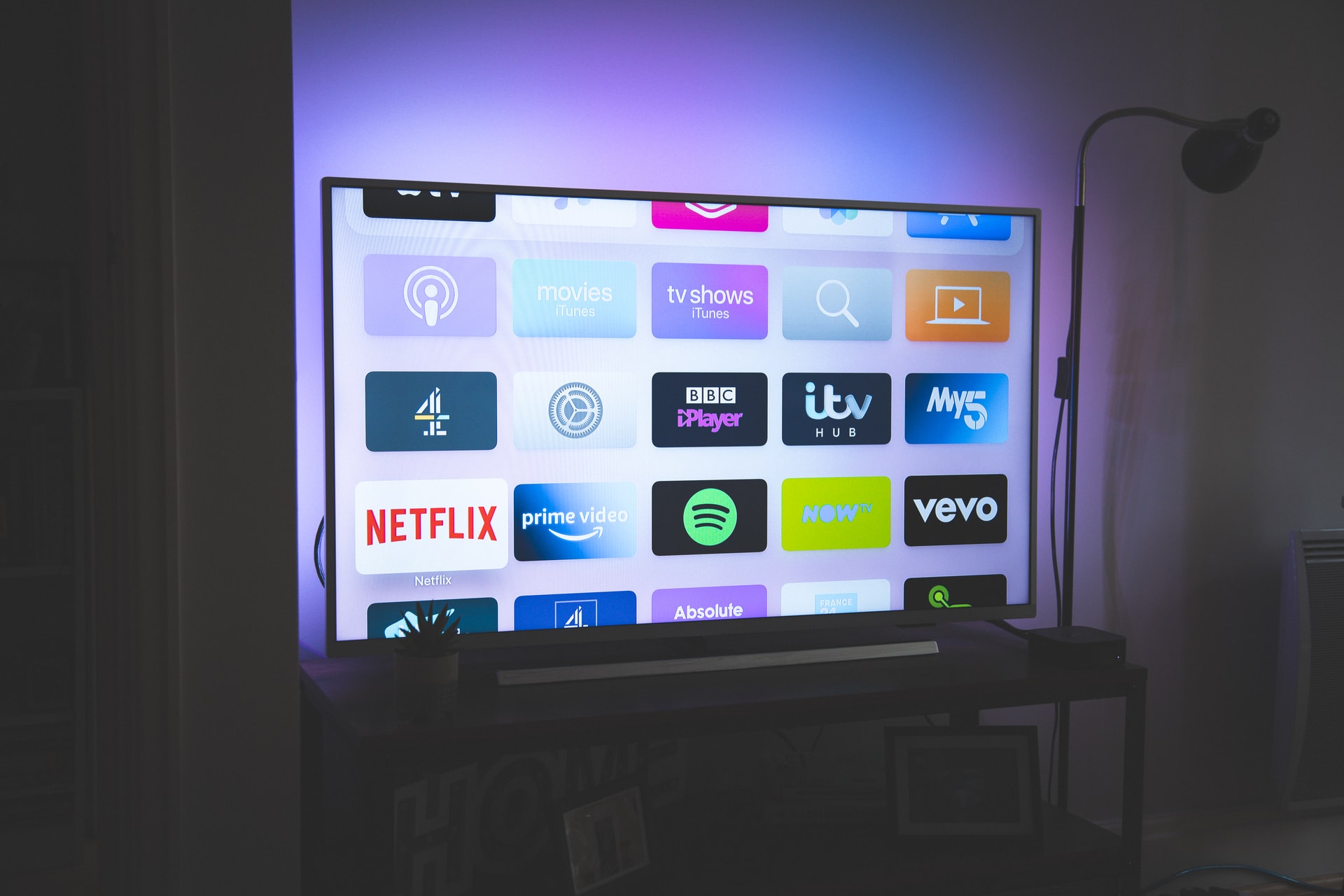
TV writer Georgia Juckes explores how the potential privatisation of Channel 4 marks another blow to the general public
A review into the suitability of the public ownership of Channel 4 has been launched by the Department for Culture, Media and Sport (DCMS), following a statement published in recent weeks. In this statement, the DCMS argues that a privatised Channel 4 ‘could allow it to access new capital, create strategic partnerships, and reach international markets only available through the private sector’, with the Culture secretary Oliver Dowden referring to the current position of Channel 4, a publicly owned but privately funded organisation, as a ‘constraint’. Other such motivations include claims that the channel is failing to keep up with the ever increasing prevalence of streaming services such as Netflix and Amazon Prime Video.
Operating within a remit to commission innovative material for diverse audiences, Channel 4 has a rich and beautifully varied history. From airing the first pre-watershed lesbian kiss on British television (Brookside, 1994), to unearthing the effects of police brutality on the black community in Tottenham (The People’s Account, 1985), to pushing the boundaries of censorship (Naked Attraction) and showcasing the simply brilliant (Gogglebox). For decades, Channel 4 has stood apart from its counterparts in telling stories long overshadowed and forgotten; stories that deserve to be told.
“For decades, Channel 4 has stood apart from its counterparts in telling stories long overshadowed and forgotten
In the midst of COVID-19, Channel 4 generated a surplus of £77 million, making 2020 its most financially successful year since its invention. As such, the government’s suggestion of economic stagnation has raised eyebrows, with many asking: why attempt to alter the economic status of a financially solvent company? Why fix something that ain’t broke?
Well documented is the tumultuous relationship between the Tories and Channel 4, with the former accusing the latter of an ‘anti-government’ agenda. As such, many believe this move to be political, rather than strictly financial, with Tom Harrington of Enders Analysis calling the proposal ‘potentially spiteful’. Other critics include David Attenborough, The Thick of It’s Armando Ianucci, and the writer and creator of the hit series It’s a Sin, Russell T Davies.
Such opposition rests on the concerns about the damaging consequences this proposal would have, both for the content produced by Channel 4, and the team working for it. Channel 4’s chief executive Alex Mahon warns of a decrease in the number of shows made outside of London, and a blow to the sustained involvement of independent companies that, until now, have dominated Channel 4’s production process. As for the future of its employees, privatisation is widely cited as an effective strategy for reducing trade union power, silencing the workforce voice in turn. So, when Downden claims Channel 4 would be better off if it mirrored Amazon Prime Video’s streaming model, would such imitation include their exploitative working conditions, too? With Channel 4’s streaming service, All4, breaking viewing records this year, such a suggestion seems misplaced at best.
“The privatisation of Channel 4 is emblematic of a wider battle between the ideological interests of the general public and a Tory desire for profit
More generally, this proposal follows a large-scale emigration of companies in major industries from public to private ownership (see Royal Mail, for example (2013). Most poignantly is that of our beloved NHS, with the dangers of privatisation ever looming there, too. In this way, I argue that the privatisation of Channel 4 is emblematic of a wider battle between the ideological interests of the general public and a Tory desire for profit. The damages inherent in monetising not-for-profit organisations designed to serve the general public are numerous, and have the potential for widespread harm.
I will finish with a warning to hold on to your freedoms: a Tory grudge knows no bounds.
Check out other TV comment pieces here:
Joe Lycett’s “Planned Protest”: Is This the New Way to Become Viral?
The (Lack of) Ethics behind Diana’s 1995 Interview
LGBTQ+ Representation on Love Island: “Logistical Difficulties” and Empty Promises
Comments